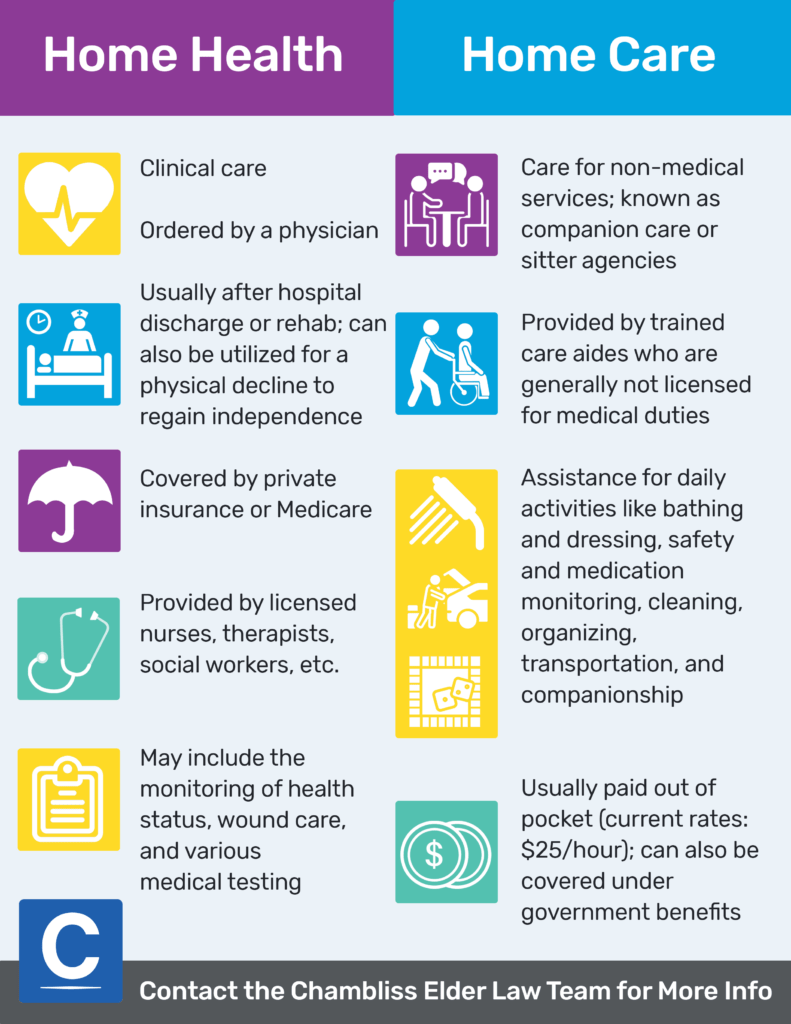How to assess whether your support at home provider meets NDIS standards
How to assess whether your support at home provider meets NDIS standards
Blog Article
Everything About Home Treatment Services for Individuals With Disabilities: NDIS Registered Support
Home treatment solutions under the NDIS play a critical function in supporting individuals with specials needs. These solutions are designed to improve day-to-day living via tailored help, varying from personal care to flexibility support. Comprehending just how to navigate these choices can be complicated. This overview checks out the numerous aspects of NDIS home care, from available services to the choice of suppliers, highlighting essential considerations for those seeking assistance. The trip toward empowered care begins below.
Comprehending the NDIS and Its Purpose
The National Handicap Insurance Coverage System (NDIS) works as a transformative framework designed to offer assistance and solutions for individuals with specials needs. Developed to enhance the top quality of life and warranty fair accessibility to necessary resources, the NDIS empowers individuals by providing personalized plans tailored to their distinct requirements. It aims to promote self-reliance, allowing people to seek their individual goals and aspirations.Through a structured method, the NDIS allocates funding for numerous supports, consisting of education and learning, work aid, and community involvement. This all-inclusive plan not only concentrates on immediate treatment yet additionally emphasizes long-lasting developing end results. By advertising choice and control, the NDIS urges individuals to choose their favored company, ensuring that treatment lines up with their values and preferences. Eventually, the NDIS stands for a considerable commitment to improving the lives of people with impairments, promoting inclusivity, and constructing a more supportive culture.
Sorts Of Home Treatment Solutions Available
Various kinds of home care solutions accommodate people with specials needs, mostly concentrating on individual care aid and break treatment choices. Personal treatment support offers important support with daily tasks, while break treatment supplies short-lived relief for primary caregivers. Comprehending these solutions is crucial for ensuring the wellness of both individuals with impairments and their family members.
Personal Treatment Aid
While navigating day-to-day life can offer challenges for people with impairments, personal care aid offers essential support customized to their one-of-a-kind demands. This kind of home care solution incorporates a series of tasks made to advertise freedom and enhance lifestyle. Individual treatment assistants assist with daily tasks such as bathing, clothing, grooming, and toileting, making certain people keep individual health and convenience. They might also help with meal preparation, medication administration, and wheelchair assistance. By offering customized treatment, these professionals encourage people to involve more completely in their everyday routines and social activities. Overall, individual treatment help plays a considerable function in promoting dignity and autonomy for those with disabilities, permitting them to thrive in their home atmosphere.

Reprieve Care Options
Break care acts as a necessary resource for families and caretakers of individuals with handicaps, giving short-lived remedy for the needs of everyday caregiving. This type of solution can take different forms, consisting of in-home reprieve care, where experienced experts go to the home to help with treatment jobs. Additionally, family members might choose facility-based reprieve care, where individuals obtain care in a customized environment, permitting caregivers to pause. Additionally, some companies provide emergency situation respite solutions for unforeseen situations. These options not just assist reduce caregiver stress and anxiety yet also promote the wellness of people with handicaps by supplying them new experiences and social communication. In general, break treatment plays a critical role in sustaining both caretakers and those they take care of.

How to Gain Access To NDIS Home Care Solutions
Accessing NDIS home treatment solutions includes recognizing the qualification requirements stated by the National Disability Insurance Coverage Plan. People must browse a structured application procedure to protect the essential assistance tailored to their demands. This section will clear up both the qualification demands and the actions associated with obtaining solutions.
Qualification Standards Described
To receive NDIS home treatment services, individuals have to satisfy particular eligibility standards that evaluate their circumstances and demands. Candidates must be aged in between 7 and 65 years and have a permanent and significant disability that impacts their capability to do everyday tasks. Additionally, they need to be an Australian person, a copyright, or hold a Protected Unique Group Visa. The NDIS needs evidence of the handicap, generally through medical analyses or reports. Moreover, individuals ought to demonstrate that they call for assistance to take part in social and financial life. These standards assure that services are directed in the direction of those who truly need help, promoting freedom and boosted top quality of life for individuals with disabilities.
Application Refine Actions
Can I Choose My Very Own Support Employees Through NDIS?
The specific asked whether they could pick their own assistance workers under the NDIS structure. Normally, participants have the versatility to choose assistance workers, promoting customized treatment that lines up with their details requirements and choices.
What Occurs if My Needs Modification After Obtaining Support?
They must communicate these modifications to their solution company if a person's requirements change after obtaining support. Changes can be made to the care plan, making certain that the support stays relevant and effective for their scenarios.

Are There Restricts on The Amount Of Hours of Care I Can Get?
The specific asked about potential limits on the number of care hours received. Typically, such limits may exist based on specific policies or moneying setups, stressing the relevance of reviewing arrangements and standards regularly.
Can I Use NDIS Funding for Home Alterations?
The inquiry of making use of financing for home alterations emerges regularly. Normally, people might use NDIS financing for required adjustments to their homes, making certain accessibility and safety and security, set upon conference particular eligibility standards and standards.
How Do I Handle Issues Regarding My Home Care Providers?
To resolve complaints concerning home care services, people must first record their worries. Then, Read Full Article they can connect straight with their provider, looking for resolution, or escalate the concern to appropriate oversight bodies if necessary. Home care solutions under the NDIS play an essential role in sustaining individuals with handicaps. Different types of home care solutions cater to people with disabilities, mostly focusing on personal treatment support and reprieve treatment choices. support at home provider. Personal care help provides vital assistance with daily tasks, while respite care uses temporary alleviation for key caregivers. Households might decide for facility-based break treatment, where individuals get care in a specialized environment, enabling caretakers to take a break. How can families successfully take care of the financial elements of home treatment solutions for people with impairments?
Report this page